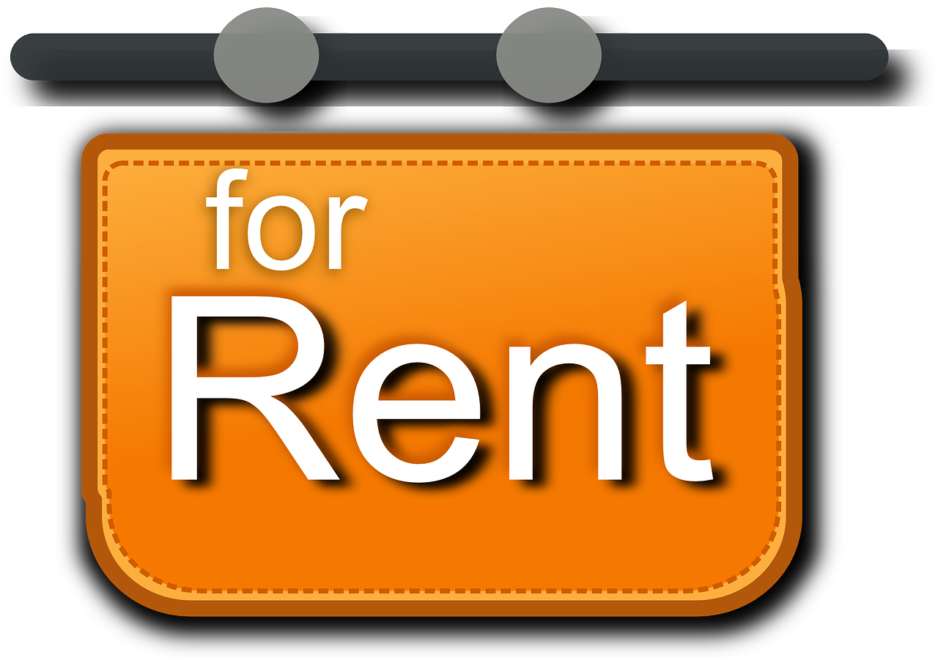Problems with Short-Term Rentals? Call a Town Hall Meeting.
Problems with Short-Term Rentals? Call a Town Hall Meeting.
This column was authored by my colleague Allen Norwood. Allen is a retired columnist and home editor for the Charlotte Observer. He currently writes a column for the Observer’s weekly Home/Design section.
If you’re concerned about short-term rentals in your neighborhood — and lots of you are, judging from my email inbox — it’s a good idea to call everybody in the community together for a meeting.
No, not an official gathering to vote on possible restrictions. Instead, an informal session to see whether there’s enough broad concern to take legal steps to limit rentals. You might be surprised.
“We suggest a town hall type meeting first, to get input from everybody,” said attorney Michael Hunter. “You may find there’s not that much interest.”
If there’s not much interest, you’ll have trouble getting the two-thirds majority it typically takes to change rental restrictions in your neighborhood declaration.
Hunter is an attorney with Horack, Talley, Pharr & Lowndes. His firm handles legal matters for homeowner associations and, of course, he writes a column for The Observer. I called with a few questions on behalf of readers, and learned that he gets the same questions about short-term rentals from clients.
“It’s a common question,” he said. “I probably deal with it twice a week.”
He has written about the issue – but says that was before rentals truly skyrocketed.
The issue is escalating for neighborhoods because of services such as Airbnb and VRBO, of course. It’s easier than ever for homeowners to offer space online. Want to rent a lake place for the Fourth of July, or an uptown condo for a Panthers weekend? Click here!
As associations push back, some landlords have turned to disguising rentals. They might say, “Oh, that’s just my cousin and his family visiting.”
As rentals mushroom and landlords get craftier, new online services have popped up to help associations monitor the growing number of online rental platforms. They use automated search applications to find rental listings that might sneak by the association. “It can become a real cat-and-mouse game,” Hunter said.
If there is enough interest in your neighborhood to tackle the problem, here’s how you might proceed.
First, the board can’t change the rules to prevent short-term rentals on its own. It takes a super majority of the association to change the declarations.
What’s a super majority? North Carolina statutes governing condo, townhouse and single-family associations say such changes require approval from at least 67 percent of voters. Hunter said the declarations in some older communities require majorities even larger than those set in the statutes.
With the appropriate legal guidance, the association might craft language to require leases of at least six months. That’s common, Hunter said. Or, to change the declarations to specify that the owner can’t rent less than the entire house — so the condo over yours doesn’t become a hotel.
He said the association can cap the total number of rentals in the neighborhood the same way. I get email questions about that, too. Again, it would take approval from at least two-thirds of the association to change the declarations.
A 67-percent majority is a high bar, of course, because the short-term rental next door to you might not bother the homeowner on the other side of your neighborhood. He might not hear the music from the loud party, or compete for parking on his own street.
“Apathy is a big problem,” Hunter said. “’It doesn’t affect me, so why do I care?’”
So, call that town meeting and work to convince him that change is needed.
This column was originally published in the Charlotte Observer on July 14, 2018. © All rights reserved.
Mike Hunter
